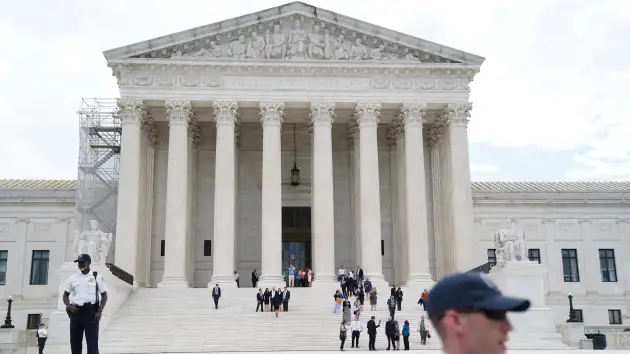In the case of Moore v. United States, currently before the Supreme Court, oral arguments are being presented on Tuesday. This case holds significant implications for various aspects of the U.S. tax code. At the center of the matter is a Washington couple who possess a controlling interest in a profitable foreign company. The company has been impacted by a tax provision introduced as part of former President Donald Trump’s comprehensive tax overhaul in 2017.
The outcome of this case has the potential to influence the taxation landscape for a broad range of entities, particularly those classified as pass-through entities. Pass-through entities include partnerships, limited liability corporations (LLCs), and S corporations. These entities are characterized by their income passing through to the owners’ individual tax returns, rather than being taxed at the entity level.
The specific tax provision in question, related to the 2017 tax reform, is under scrutiny, and the Supreme Court’s ruling could set a precedent for the treatment of such foreign profits within the context of pass-through entities. The decision may have far-reaching implications for businesses operating internationally and for individuals with ownership stakes in foreign companies affected by U.S. tax policies.
The case raises intricate legal and financial considerations, intertwining the complexities of international business, tax law, and the broader economic impact of tax reforms. As the Supreme Court hears the oral arguments, stakeholders across industries and tax professionals will keenly observe the proceedings, anticipating the potential ripple effects on future taxation policies and the treatment of pass-through entities within the United States.


great article
Excellent write-up
Excellent write-up
Excellent write-up
Excellent write-up
great article
Outstanding feature
great article
Excellent write-up